Unraveling the Mysteries: 6 Games That Were Secret Sequels or Spin-Offs
Jun-22-2023
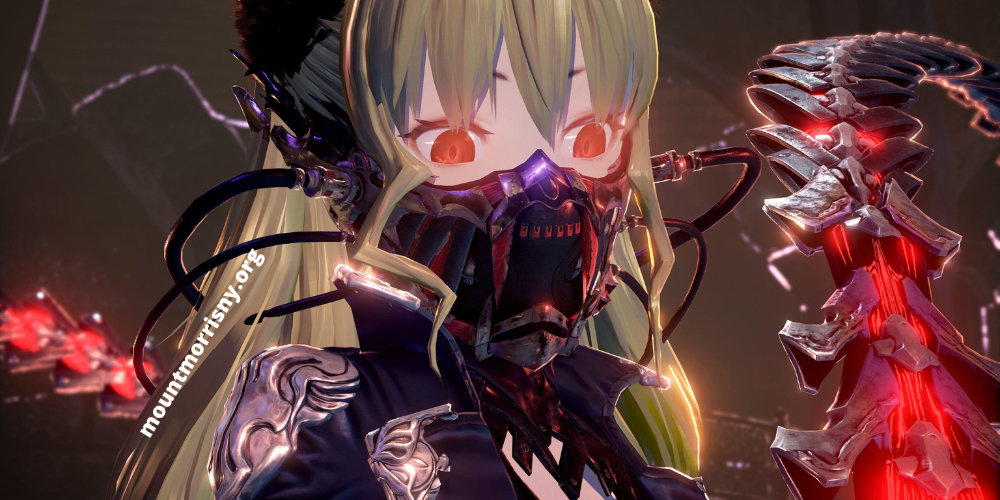
As gamers, we're used to encountering numerous sequels and spin-offs in our favorite franchises. However, there are instances when game developers surprise us with connections between seemingly unrelated titles. Dive into the world of gaming secrets as we explore six games that were cleverly disguised as sequels or spin-offs of other well-known series.
1. Shadow Hearts: A Dark Link to Koudelka

Shadow Hearts, released in 2001, is a role-playing game set in an alternate reality version of Earth during the early 20th century. What many gamers didn't realize was that this popular game is actually a sequel to the lesser-known Koudelka, released in 1999. Both games share similar themes and gameplay elements, but Shadow Hearts quickly gained recognition as a standalone title. Here's a look at their connections:
- Shared universe: Shadow Hearts and Koudelka both take place in a dark, supernatural world filled with eerie locations and terrifying monsters.
- Connected characters: Koudelka's protagonist, a mysterious psychic named Koudelka Iasant, makes a significant appearance in Shadow Hearts.
- Continuation of storylines: The story of Shadow Hearts expands upon the events of Koudelka, drawing in new characters and building deeper lore.
2. Nier: The Unexpected Drakengard Sequel
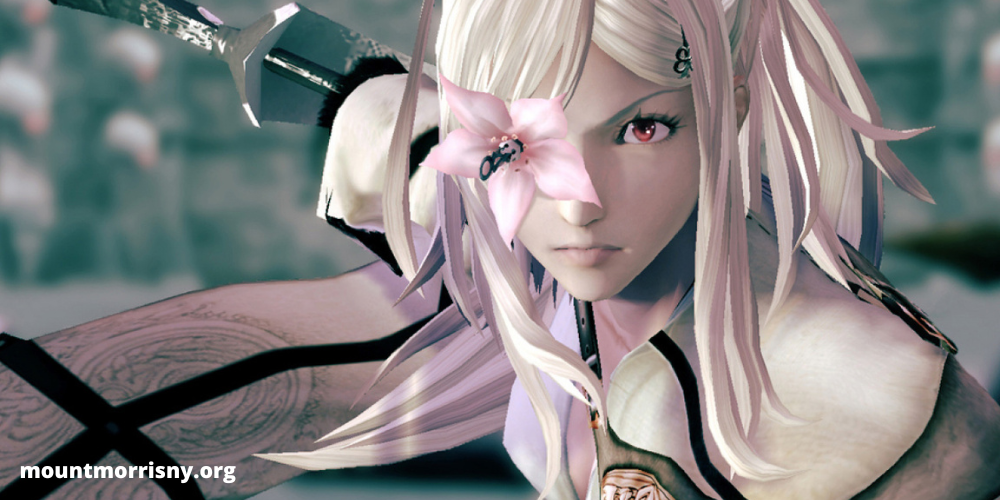
Nier, an action role-playing game released in 2010, seemed to stand on its own with a post-apocalyptic setting and a touching story about a father desperate to save his daughter. However, fans were shocked to discover that Nier is a direct sequel to the ending of the 2003 game, Drakengard. These two games may have different gameplay styles, but their intertwined stories create a unique connection:
- Shared worlds: Both Nier and Drakengard take place in the same universe, albeit in vastly different timelines.
- Continued story: Nier's narrative builds on one of Drakengard's alternate endings, providing an unexpected continuation of the latter's story.
- Recurring themes: Both games explore themes of sacrifice, loss, and the consequences of one's actions.
3. Project: Snowblind: Stealthy Deus Ex Sequel
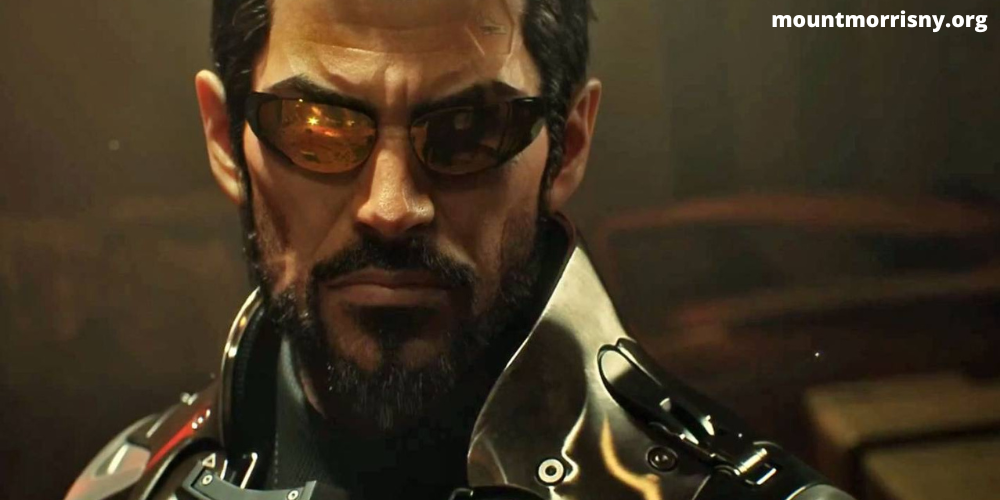
Released in 2005, Project: Snowblind began development as a multiplayer-focused spin-off of the critically acclaimed Deus Ex. However, the game ultimately evolved into a standalone title with its own unique gameplay elements. Despite these changes, the cyberpunk setting and some similarities with Deus Ex are still evident:
- A parallel universe: Both games take place in a dystopian future with advanced technology and shadowy conspiracies.
- Familiar gameplay: Project: Snowblind shares many gameplay features with Deus Ex, such as the use of augmentations, stealth, and a robust arsenal of weapons.
- Subtle references: There are various hints and easter eggs throughout Project: Snowblind that connect back to Deus Ex's characters and storylines.
4. Shadow of the Colossus: Ico's Enigmatic Spiritual Successor
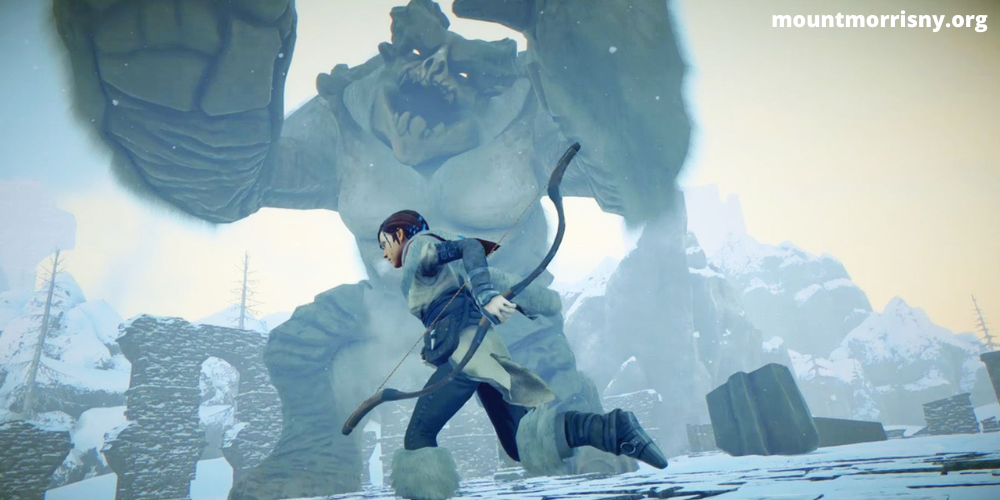
When the visually stunning and critically acclaimed Shadow of the Colossus was released in 2005, few players initially realized that it served as a spiritual successor to the equally beloved Ico. Both games are developed by Team ICO and share a minimalist approach to storytelling, leaving players to interpret the narrative for themselves. Their connections include:
- Shared art style: Both games boast a distinctive, ethereal visual design that sets them apart from other titles.
- Similar gameplay: Combat and exploration play significant roles in both Ico and Shadow of the Colossus.
- Connected lore: The two games' stories are not directly linked, but they share themes and hints that suggest they take place in the same universe.
5. Code Vein: The Bloodthirsty Spin-Off to God Eater
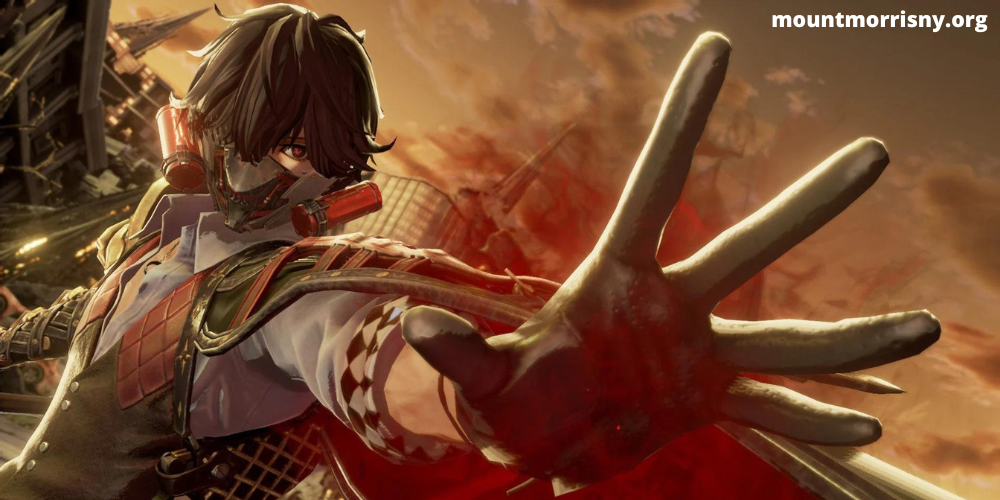
Code Vein, a 2019 action role-playing game, is known for its challenging gameplay and dark, post-apocalyptic setting. Surprisingly, Code Vein's world is connected to the popular God Eater series. Although the two games have different stories, their shared developer, Bandai Namco, has left multiple hints that link the two universes:
- Similar setting: Both games share a post-apocalyptic world ravaged by monstrous creatures.
- Crossover weapons: Code Vein features a selection of weapons from the God Eater series, providing a direct link between the two games.
- Complementary themes: Both games explore themes of survival, sacrifice, and the struggle against overwhelming odds.
6. Soulcalibur 6: A Reboot and Sequel to Soulcalibur
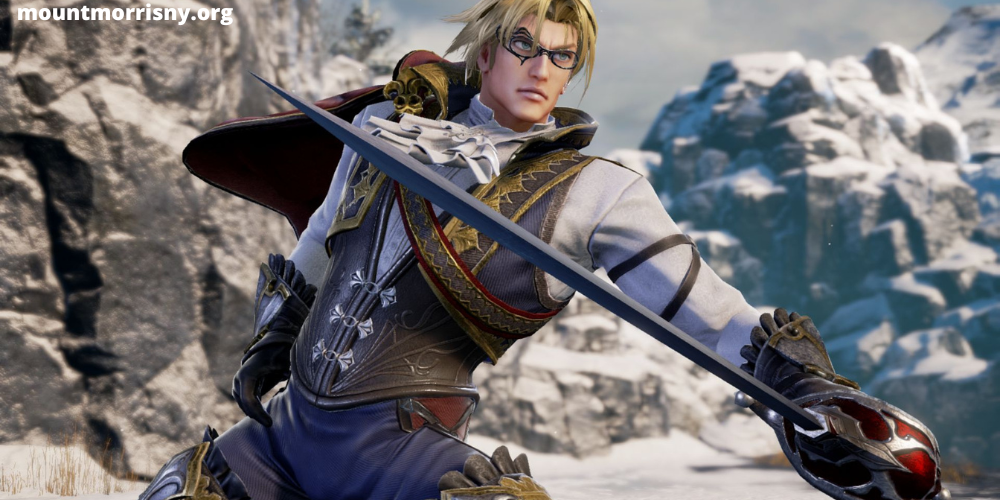
Last but not least, Soulcalibur 6 manages to be both a reboot and sequel to the Soulcalibur series. By revisiting the events of the first Soulcalibur game, Soulcalibur 6 aims to breathe new life into the beloved fighting game franchise. Here's how it achieves this balance:
- Revisiting the past: Soulcalibur 6's story retells the events of the original Soulcalibur while also adding new narratives and twists.
- Familiar cast: The game's roster includes fan-favorite characters from earlier entries, as well as exciting newcomers.
- Improved gameplay: Soulcalibur 6 builds upon the series' iconic gameplay mechanics while introducing new features, such as the Reversal Edge system.
Conclusion: The Best Secret Sequel or Spin-Off
Each game on this list has managed to surprise players by revealing unexpected connections to other well-known titles. Based on user reviews, the standout among these secret sequels and spin-offs is Shadow of the Colossus. Its captivating story, breathtaking visuals, and engaging gameplay have left a lasting impact on gamers around the world, making it a memorable experience that continues to resonate with fans. These games serve as shining examples of how developers can cleverly weave stories together, creating a rich and interconnected tapestry of gaming experiences.







